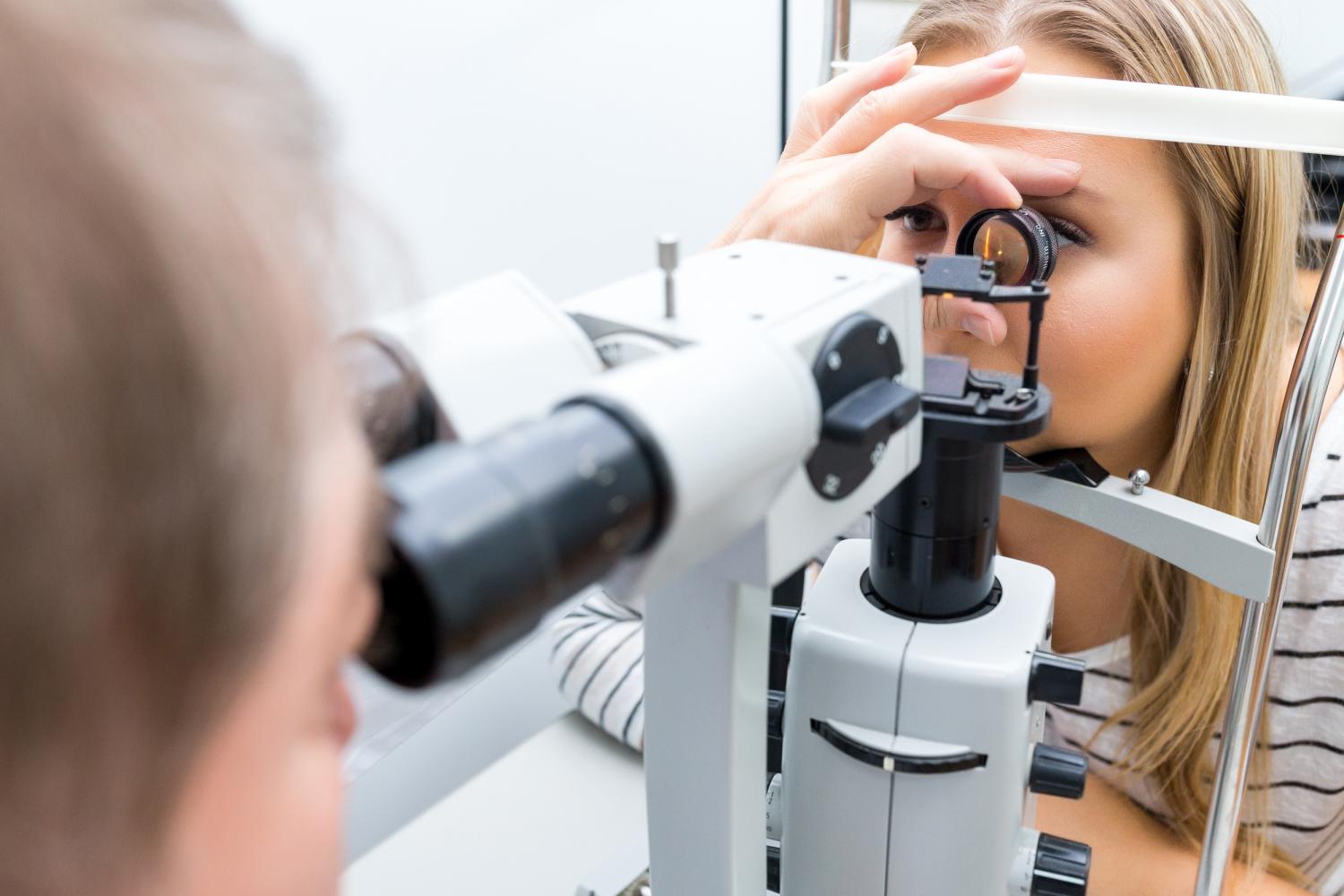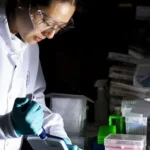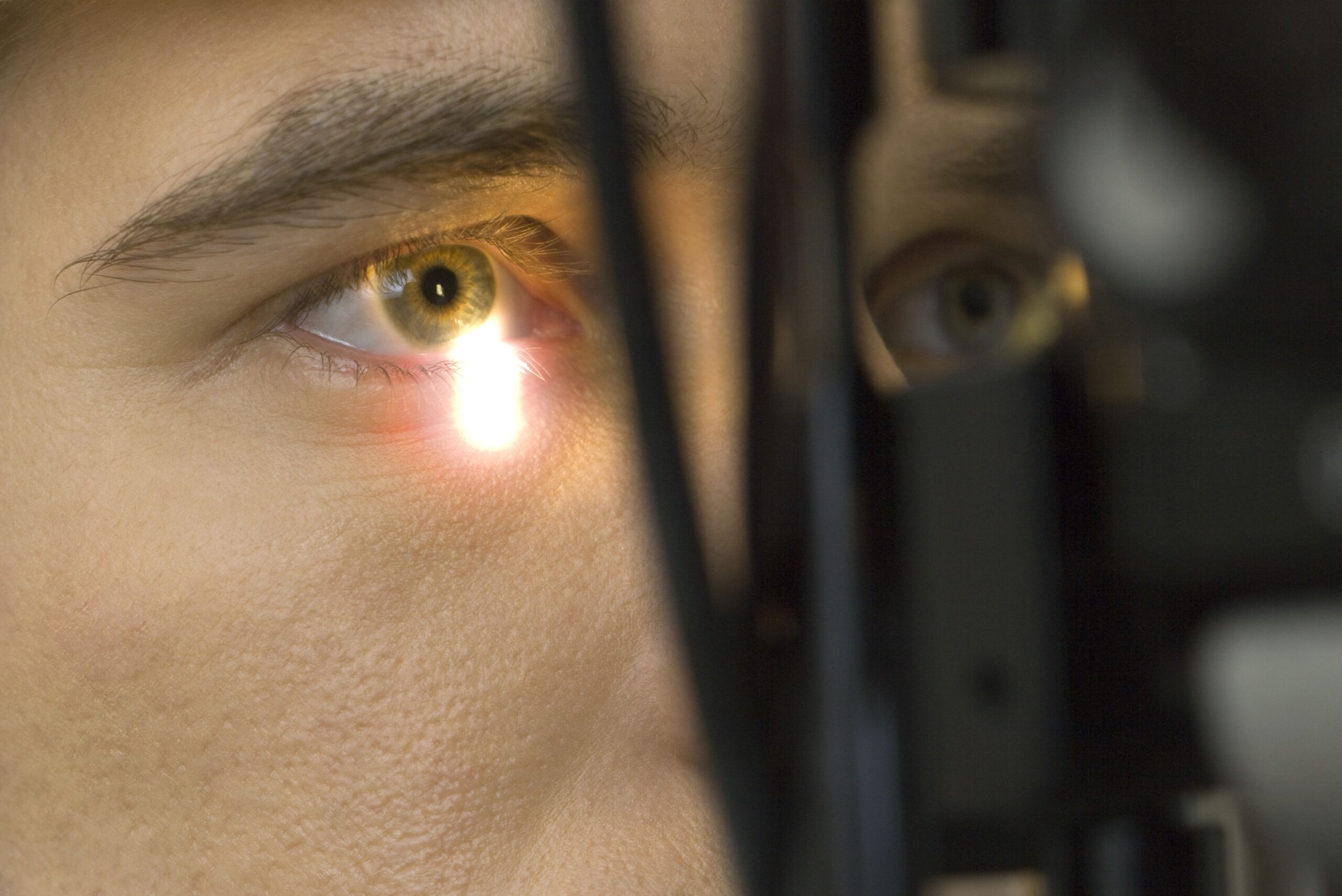Scientists have presented the results of the first phase of clinical trials involving 14 people with inherited blindness, specifically Leber congenital amaurosis. Significant improvements in vision parameters have been observed with the application of CRISPR gene editing technology.
Leber congenital amaurosis is characterized by a mutation in the CEP290 gene, resulting in severe vision loss, with complete blindness occurring in approximately one-third of patients with this diagnosis. CRISPR gene editing technology was applied to edit CEP290 in 14 patients aged 9 to 63, as reported by New Atlas. The gene editing procedure directly affects the photoreceptor cells behind the retina. Treatment was conducted on one eye.

The effect was evaluated based on four criteria: object and letter recognition on a chart, visibility of colored light spots, navigation through a maze with physical objects, and subjective assessment of each participant’s condition.
Improvements were noted in at least one of the four criteria for 79% of participants, and for 43%, improvements were observed in two or more criteria. Other volunteers reported improvements in quality of life and clinically significant changes during eye examinations.
For example, one participant was able to independently locate their phone and noticed, through illuminated indicators, that the coffee machine was turned on. “These are very trivial types of tasks for people with normal vision, but for individuals with the disease, such results have a huge impact on their well-being,” commented study author Mark Pennesi.
Scientists did not observe any serious side effects from the treatment. It is expected that CRISPR will be further studied for the treatment of other forms of blindness.
It is worth noting that at the end of last year, CRISPR was approved for clinical use, allowing its application in patients with sickle cell anemia and beta-thalassemia.











